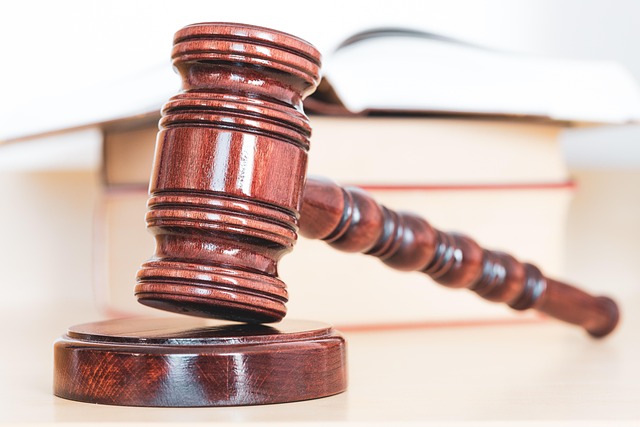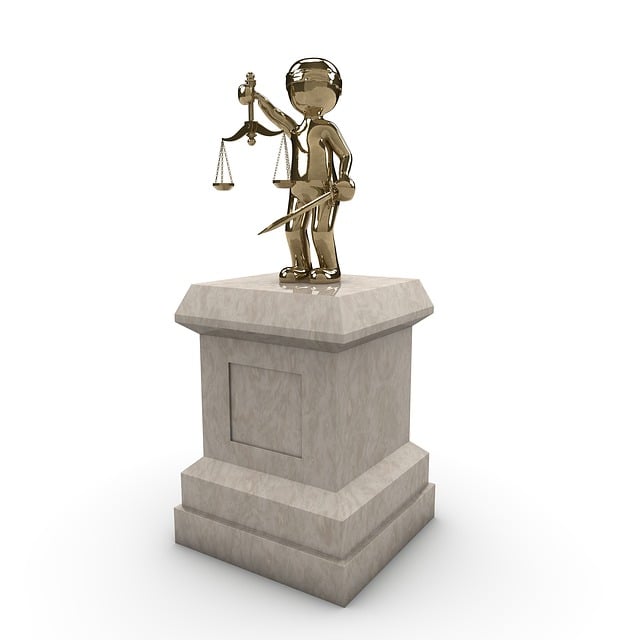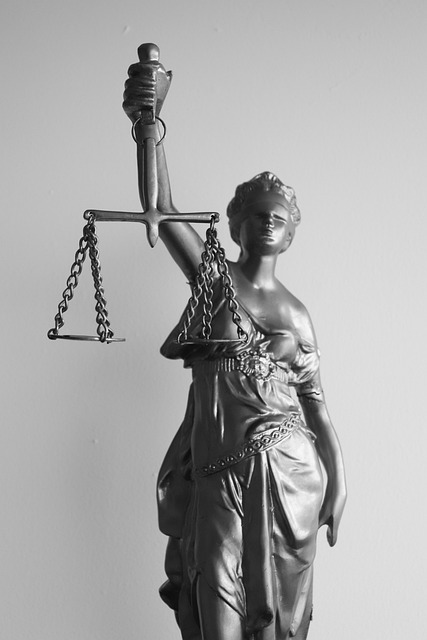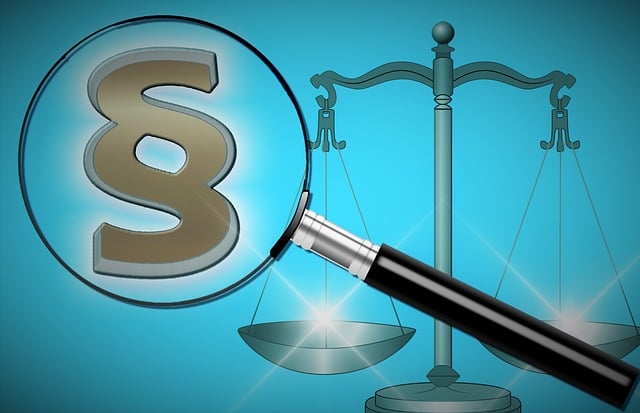The pre-arrest phase, crucial for criminal law enforcement, involves gathering evidence and establishing probable cause to justify an arrest. Adhering to strict legal protocols ensures fairness and can lead to charge dismissal if evidence is insufficient. The arrest and booking process, including rights protection and documentation, is vital for white collar defense. The trial phase focuses on adjudication through evidence presentation and cross-examination, culminating in jury deliberations that determine guilt or innocence in the Criminal Procedure Timeline From Arrest to Trial, impacting lives in complex cases.
“Unraveling the intricate criminal procedure timeline from arrest to trial, this article delves into crucial stages that shape legal outcomes. Beginning with the pre-arrest phase, where initial investigations and probable cause are pivotal, we explore the rights and procedural safeguards during arrest and booking. As the narrative progresses, we dissect the trial phase, focusing on evidence presentation and jury deliberation. By understanding these key components, readers gain valuable insights into the complexities of criminal law enforcement.”
- Pre-Arrest: Initial Investigation & Probable Cause
- Arrest & Booking: Rights & Procedural Safeguards
- Trial Phase: Evidence Presentation & Jury Deliberation
Pre-Arrest: Initial Investigation & Probable Cause

The pre-arrest phase in criminal law enforcement is a critical period that sets the stage for the entire criminal procedure timeline from arrest to trial. During this initial investigation, law enforcement officers play a pivotal role in gathering evidence and establishing probable cause, which are essential elements for justifying an arrest. Through meticulous scrutiny of facts, witness statements, and available intelligence, investigators aim to build a strong case against suspected individuals or entities.
Achieving extraordinary results in criminal cases often hinges on the thoroughness and legality of this pre-arrest process. By adhering to strict legal protocols, law enforcement can ensure that any subsequent arrest is based on solid probable cause, potentially leading to the complete dismissal of all charges if the evidence fails to meet the required burden of proof. Avoiding indictment altogether may depend on the accuracy and depth of the initial investigation, ultimately shaping the outcome of the case.
Arrest & Booking: Rights & Procedural Safeguards

The process of arrest and booking is a critical phase in criminal law enforcement, often forming part of the crucial criminal procedure timeline from arrest to trial. When a person is taken into custody, they are entitled to certain rights and procedural safeguards designed to protect their freedom and ensure fairness. These include the right to remain silent, access to legal counsel, and notification of charges against them. Law enforcement must follow strict protocols during this stage to avoid abuse of power and safeguard individual liberties.
A standard procedure involves booking, which includes recording the suspect’s identity, taking fingerprints, and confiscating any evidence or items on their person. This process is typically documented in a comprehensive report that becomes part of the case file. For those facing white collar defense charges, this initial phase is even more critical as it can significantly impact their ability to mount a winning challenging defense verdicts across the country. The meticulous observance of rights and procedures during arrest and booking is, therefore, a cornerstone of effective criminal law enforcement.
Trial Phase: Evidence Presentation & Jury Deliberation

In the trial phase of criminal law enforcement, the focus shifts from investigation to adjudication. After an arrest, the case progresses through a structured Criminal Procedure Timeline From Arrest to Trial. During this stage, both parties—prosecution and defense—present their evidence meticulously. The prosecution builds its case by calling witnesses, introducing documents, and utilizing physical proof to establish guilt beyond a reasonable doubt. The defense, on the other hand, aims to contradict the prosecution’s narrative through cross-examination and presenting alternative theories or circumstances that may exonerate the accused.
Once both sides conclude their arguments, the jury retires for deliberations. This crucial phase involves the jurors discussing and evaluating the evidence presented during the trial. They must reach a unanimous decision on the guilt or innocence of the defendant, considering the instructions provided by the judge. The outcome of these deliberations can significantly impact the lives of both the accused and the victims, making it a pivotal moment in the Criminal Procedure Timeline From Arrest to Trial, especially when dealing with complex cases like white-collar and economic crimes across the country, where corporate and individual clients are affected.
Understanding the criminal procedure timeline from arrest to trial is essential for both law enforcement and individuals alike. This article has navigated a crucial aspect of our legal system, highlighting key stages from pre-arrest initial investigations to post-trial jury deliberation. By examining probable cause, rights during arrest and booking, and evidence presentation at trial, we’ve underscored the importance of procedural safeguards in ensuring fairness and justice within the criminal justice system.






